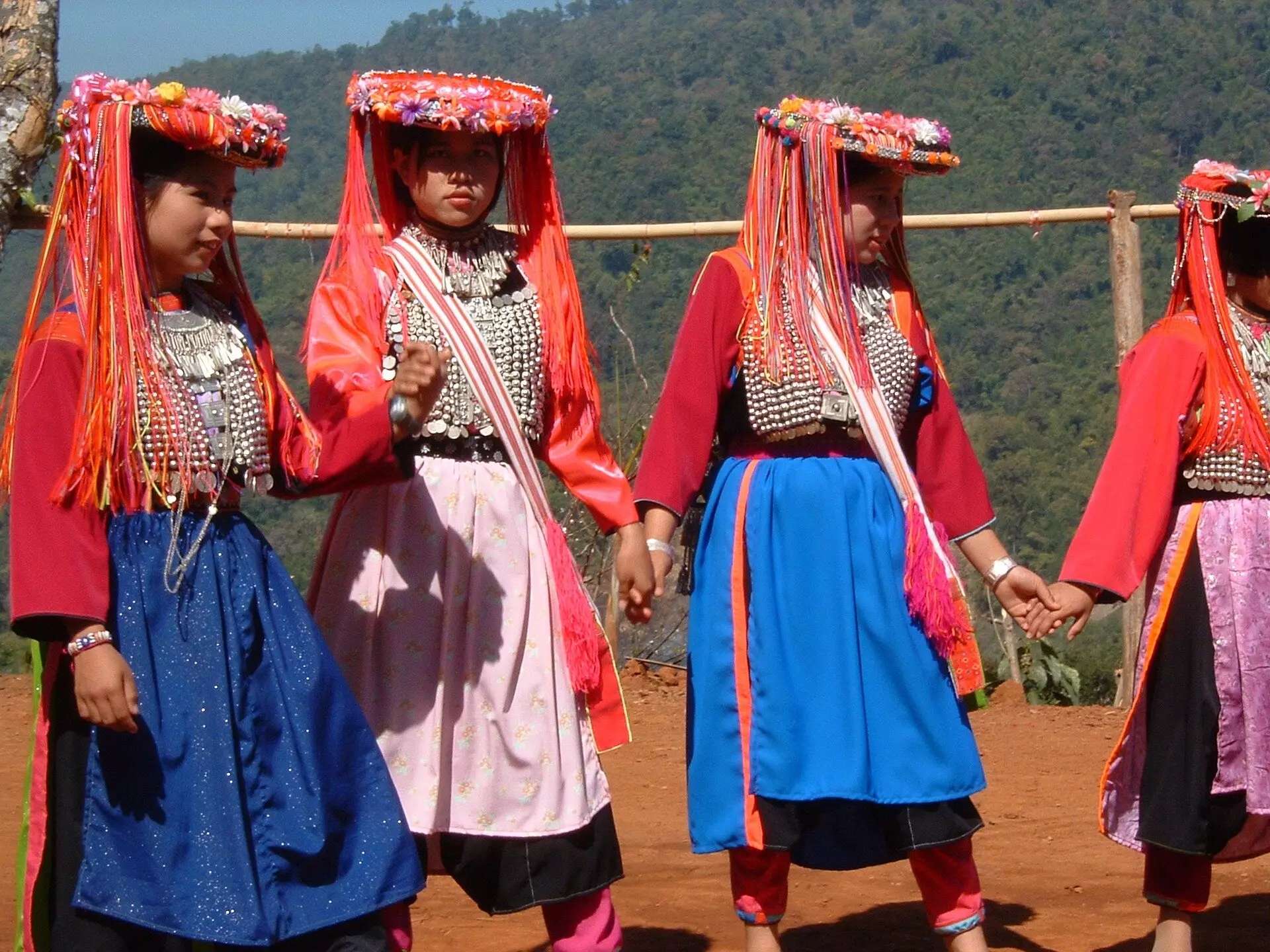According to a new scientific study conducted by the Institute of Environmental Science and Technology of the Universitat Autònoma de Barcelona (ICTA-UAB), extractive and industrial development projects pose a severe threat to the fundamental rights of Indigenous Peoples. The study, which quantifies the negative impacts of these activities on the lifeways, lands, and rights of these communities, was conducted in collaboration with nine other universities from around the world. The research demonstrates the violations of Indigenous rights through the largest quantitative analysis carried out to date at a global level. The study, published in the journal Science Advances, is based on data collected over the past decade by the Environmental Justice Atlas (EJAtlas), an initiative coordinated by ICTA-UAB that has identified and mapped a total of 3,081 socio-environmental conflicts worldwide.
The study shows that while Indigenous peoples make up only 6.2% of the world’s population and steward about a quarter of the world’s land, they are directly affected by at least 34% of all documented environmental conflicts over extractive and industrial development projects. The research covers more than 740 different indigenous groups affected by such activities, representing at least 15% of the approximately 5,000 groups worldwide.
The Sectors Most Affected
According to the data collected, mining is the sector that most frequently impacts Indigenous Peoples (24.7%), followed by the fossil fuel sector (20.8%), the agriculture, forestry, fishing and livestock sector (17.5%), and the construction and exploitation of hydraulic dams (15.2%). Eight out of 10 environmental conflicts refer to only four sectors. Landscape loss (56% of cases), livelihood loss (52%), and land dispossession (50%) are reported to occur globally most often in conflictive development projects.
It is noteworthy that conflicts over projects linked to the agriculture, forestry, fisheries, and livestock sector show particularly high rates of reported impacts. Compared to other sectors and the global average, deforestation (74% of cases), land dispossession (74%), livelihood loss (69%), and biodiversity loss (69%) are reported to occur significantly more frequently in this sector.
The Need for Governments to Take Action
The research team emphasizes the need for governments to take measures to promote Indigenous rights and support environmental justice by ensuring real compliance with existing conventions and the protection of their land rights. The findings demonstrate the sheer size of indigenous rights’ violations associated with industrial ways of life, and recall that international instruments like the International Labour Organisation’s Convention C169 on indigenous peoples and the United Nations Declaration on the Rights of Indigenous Peoples play an important role in advancing indigenous rights. However, current levels of ratification, implementation, and monitoring are insufficient to ensure respect for such rights.
“Land grabbing by agribusiness and other extractive sectors continues to be a major threat to Indigenous Peoples,” says Álvaro Fernández-Llamazares, ICTA-UAB scientist and co-author of the study. “That is why Indigenous communities all over the world have been mobilizing for decades to have their rights recognized and respected,” he adds.
The study highlights the need for governments to apply a zero-tolerance policy towards violations of indigenous rights and seek trade agreements that are conditional on compliance with the responsibilities of the UN Declaration by the companies involved. The scientific team of this study has developed an informative video in collaboration with the University of Helsinki, Finland, which graphically shows the main conclusions of this study.



Leave a Reply